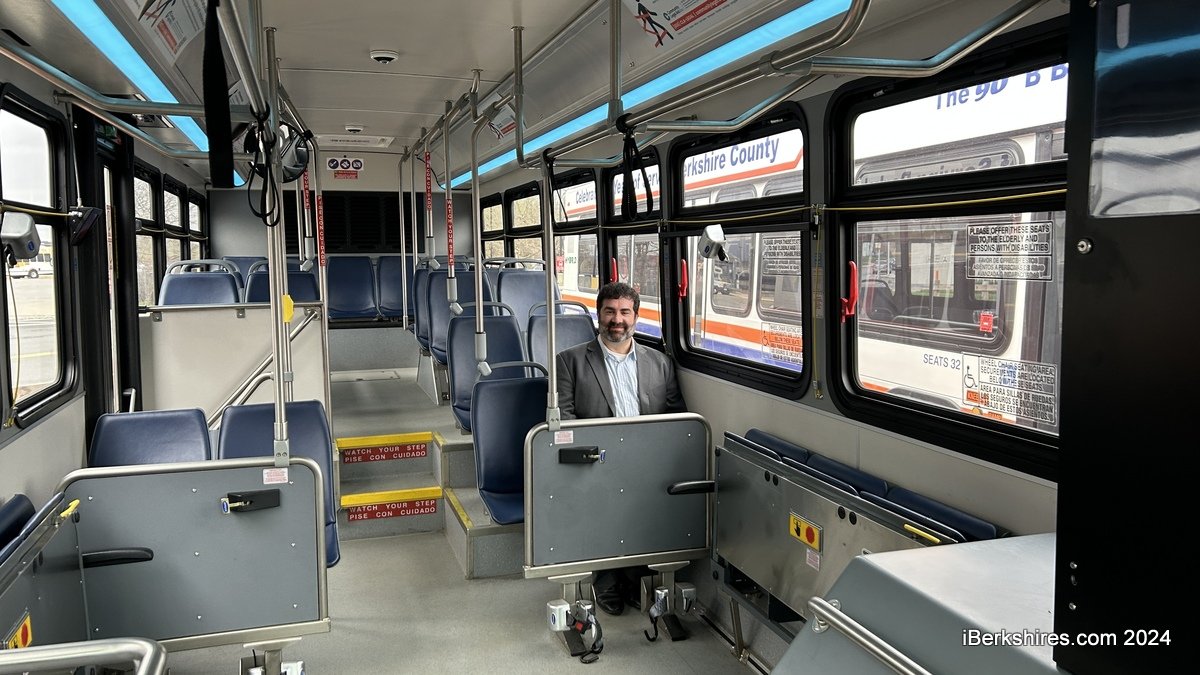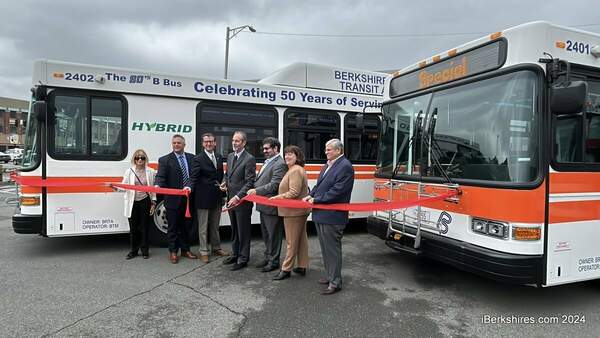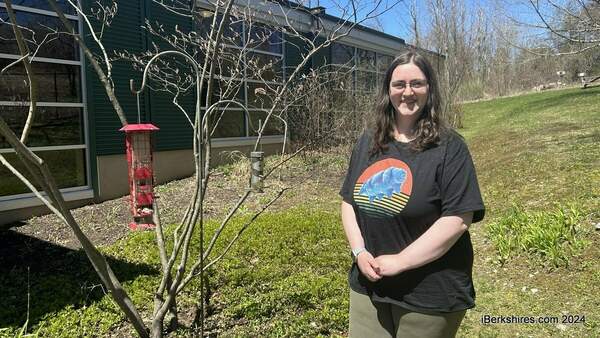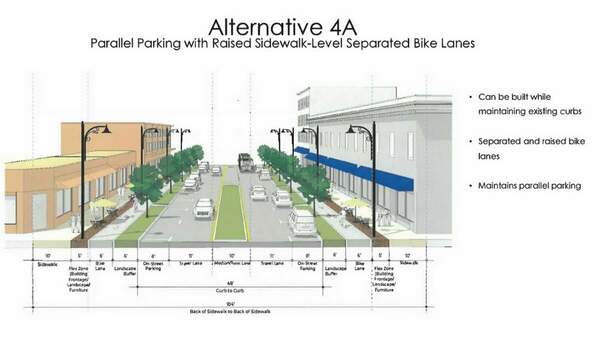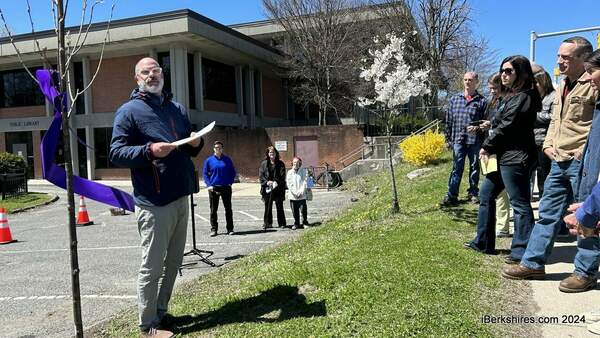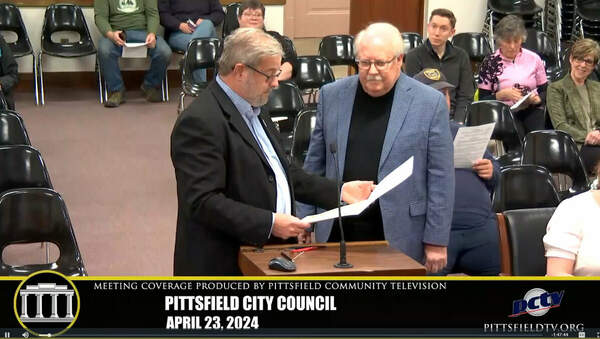Pittsfield Sets Public Meeting on Mosquito Control
PITTSFIELD, Mass. — Following clashing viewpoints from the former City Council and Board of Health on mosquito spraying, the city has set a community meeting on April 29 to discuss its management plan.
The 6 p.m. presentation at the Berkshire Athenaeum will include the city's current mosquito management plan, a brief history, and an overview of regional mosquito management practices. Residents will have an opportunity to speak afterward.
Mosquito control has been a controversial topic over the last few years after adulticide spraying was discontinued in 2021. A request to repeal that action failed at the council level last year.
In April 2021, the subcommittee on Public Health and Safety voted to opt out of the spraying portion of the Berkshire County Mosquito Control Project followed by an approval by the City Council later that month. The Board of Health pushed back against the council's decision after an onslaught of the insects over the summer caused by heavy rainfall, asking the subcommittee to reconsider.
Instead, the subcommittee voted to opt out of the mosquito project as a whole.
Later that month, the City Council grappled with the idea and referred the matter to the Conservation Commission, the Health Department, and Commissioner of Public Services and Utilities Ricardo Morales. The city never opted out of the program as a whole, but the mosquito spraying portion was discontinued. Pre-emptive larval control and catch basin operations remained.
Fast forward to last summer, six mosquitos tested positive for West Nile virus but there were no reported human cases. The Board of Health requested that the council allow spraying to be re-introduced to prevent human infection, citing a "disconnect" between health officials and the city on the health issues.
Those who opposed the spraying say the chemical toxins used to kill the mosquitos were themselves a health and environmental hazard and that the low incidence of West Nile and eastern equine encephalitis didn't necessitate the risk.
In August, the council narrowly opposed the board's request. At the time, three mosquitos had tested positive for WNV.
The mosquito control project uses a truck spray applicator with a 300-foot range for the application. The mosquito-killing pesticide is said to have a minimal impact on humans and wildlife, which some councilors rebutted.
In February, the board agreed to establish a task force to handle mosquito control and community engagement.
Panelists will include Ward 4 City Councilor, James Conant; Conservation Agent, Robert Van Der Kar; Public Health Director, Andy Cambi; and Board of Health members Roberta Elliot and Dr. Jeffery Leppo.
In addition, Dr. Andrew Lover, the assistant professor of epidemiology at the University of Massachusetts and deputy director of the New England Center of Excellence in Vector-Borne Disease, will be joining this panel. The center focuses on preventing vector-borne diseases and testing evidence-based solutions for more effective control of ticks and mosquitos across New England.
Tags: mosquito spraying,

